Tensions Mount as Russia Rejects U.S. Ukraine Proposals, Talks Stalled
- by Valance, Moscow, RNG247
- about 9 months ago
- 167 views
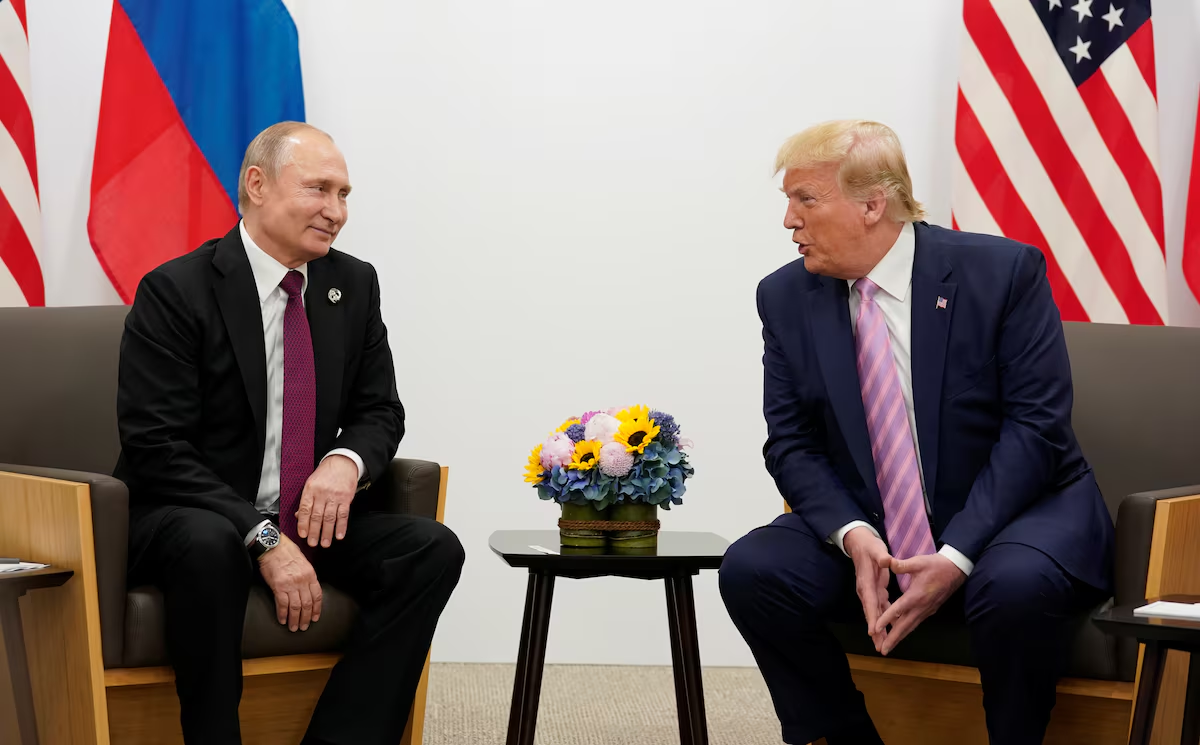
Summary
1. Russia's Deputy Foreign Minister Sergei Ryabkov declares the U.S. proposals to resolve the Ukraine conflict unacceptable in their current form.
2. President Donald Trump expresses frustration with Russia’s perceived unwillingness to compromise, hinting at possible sanctions against nations purchasing Russian oil.
3. As the U.S.-Russia dialogue falters, Moscow emphasizes the need to address what it sees as the root causes of the conflict before proceeding.
***********************
In a significant escalation of the ongoing diplomatic struggle regarding the Ukraine conflict, Russia has firmly rejected the recent U.S. proposals, asserting that they fail to address the fundamental issues that Moscow believes precipitated the war. This declaration comes from Deputy Foreign Minister Sergei Ryabkov, who indicated that talks between the two nations have hit an impasse.
In an interview with the Russian magazine "International Affairs," Ryabkov stated, “We take the models and solutions proposed by the Americans very seriously, but we can't accept it all in its current form.” He further emphasized that the proposals lack provisions for resolving the core problems inherent to the conflict, which, according to Moscow, must be addressed for meaningful progress to occur.
The comments come amid growing frustration from U.S. President Donald Trump, who has recently expressed anger towards Russian President Vladimir Putin over what he perceives as delays in negotiations. Trump has signaled potential repercussions, including sanctions on countries that continue to buy Russian oil if he believes Moscow is obstructing a broader deal.
Kremlin spokesman Dmitry Peskov responded to Trump’s statements, reaffirming that Moscow remains in contact with the United States. He characterized the discussion surrounding Ukraine as “very complex,” requiring “a lot of extra effort” to reach a resolution.
As the conflict in Ukraine persists into its fourth year, Trump’s position appears to be evolving. Previously, he had adopted a conciliatory approach towards Russia, which raised concerns among Western allies. However, recent lobbying from European leaders, particularly Finland's president, urging a firmer stance against Russia, seems to have precipitated Trump’s shift to a more hardline view.
Putin's demands, which include Ukraine renouncing its aspirations to join NATO, the recognition of Russian control over four annexed Ukrainian regions, and limitations on the size of Ukraine’s military, have met staunch opposition from Kyiv. Ukrainian officials describe these demands as tantamount to capitulation, further complicating the dialogue.
As both sides brace for what could be a protracted negotiation process, the specter of an unresolvable conflict looms large over the region, with the consequences of stalled talks resonating across global diplomatic channels.




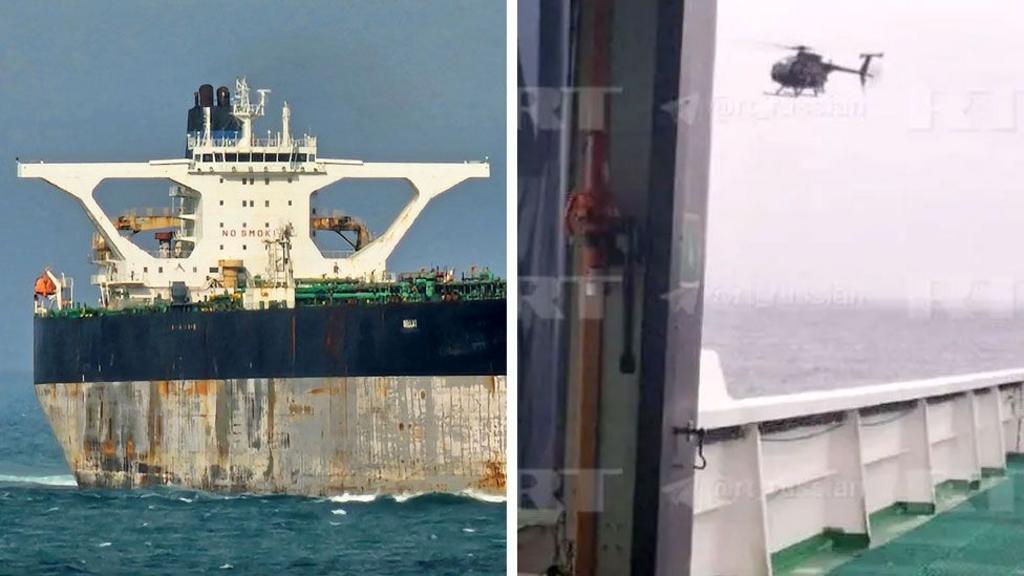
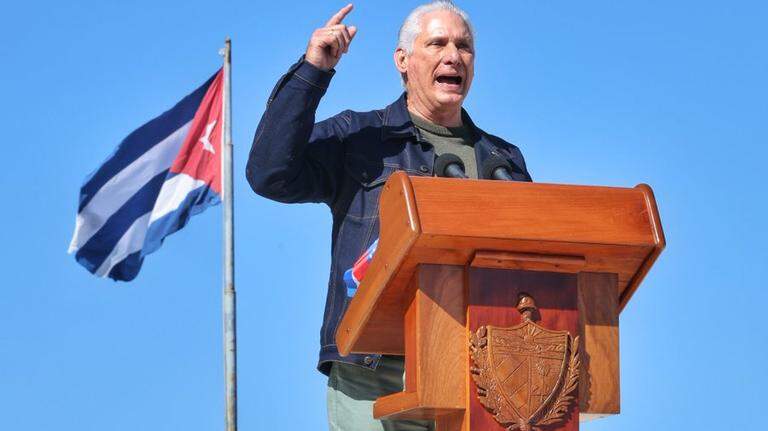
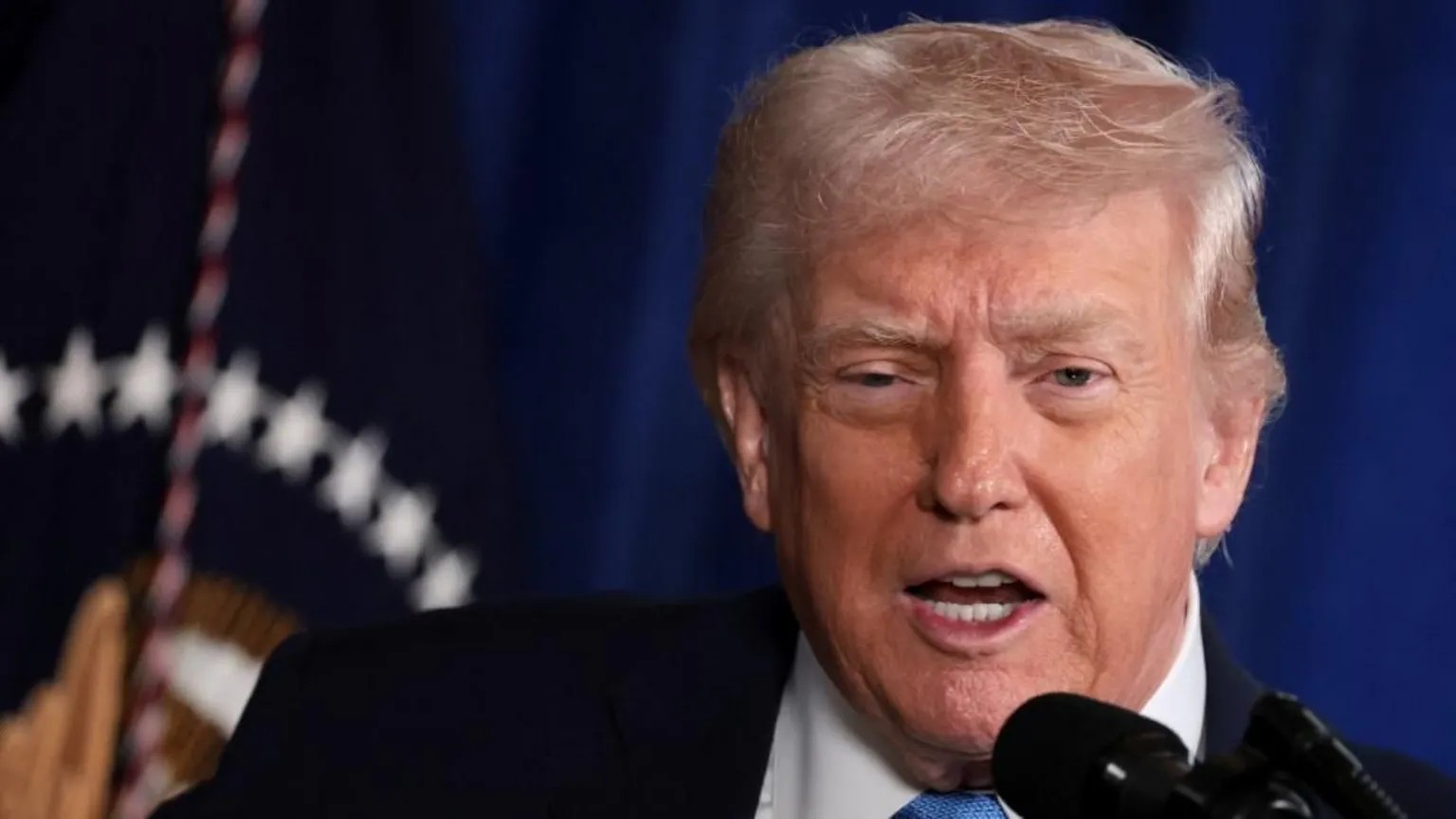
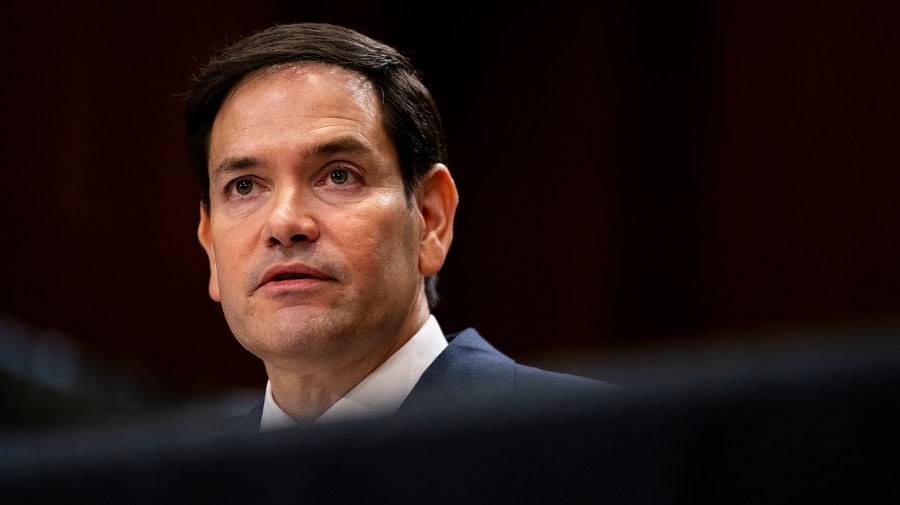
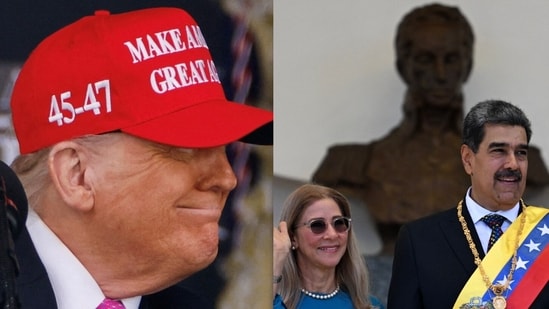
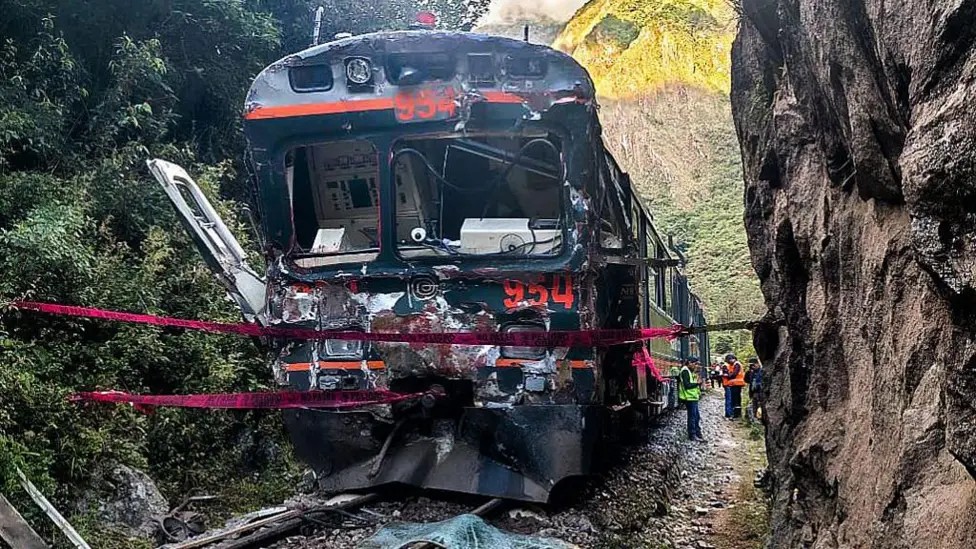
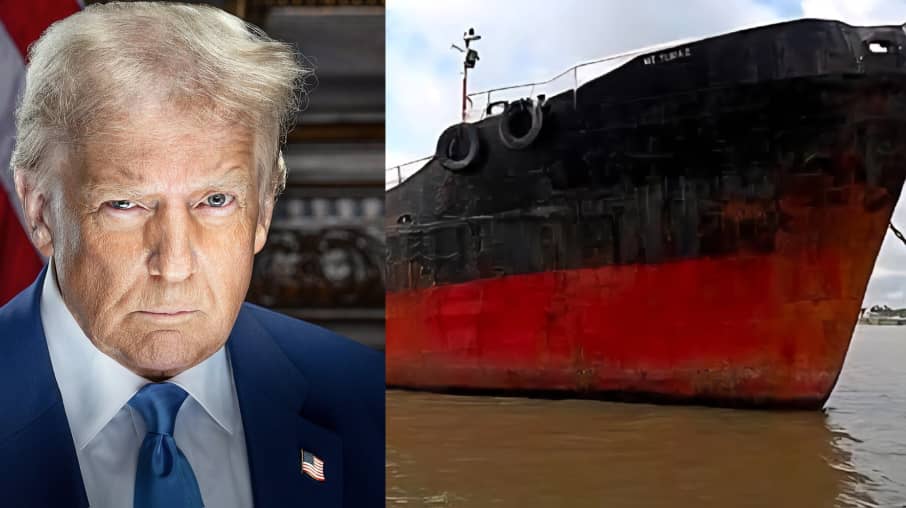

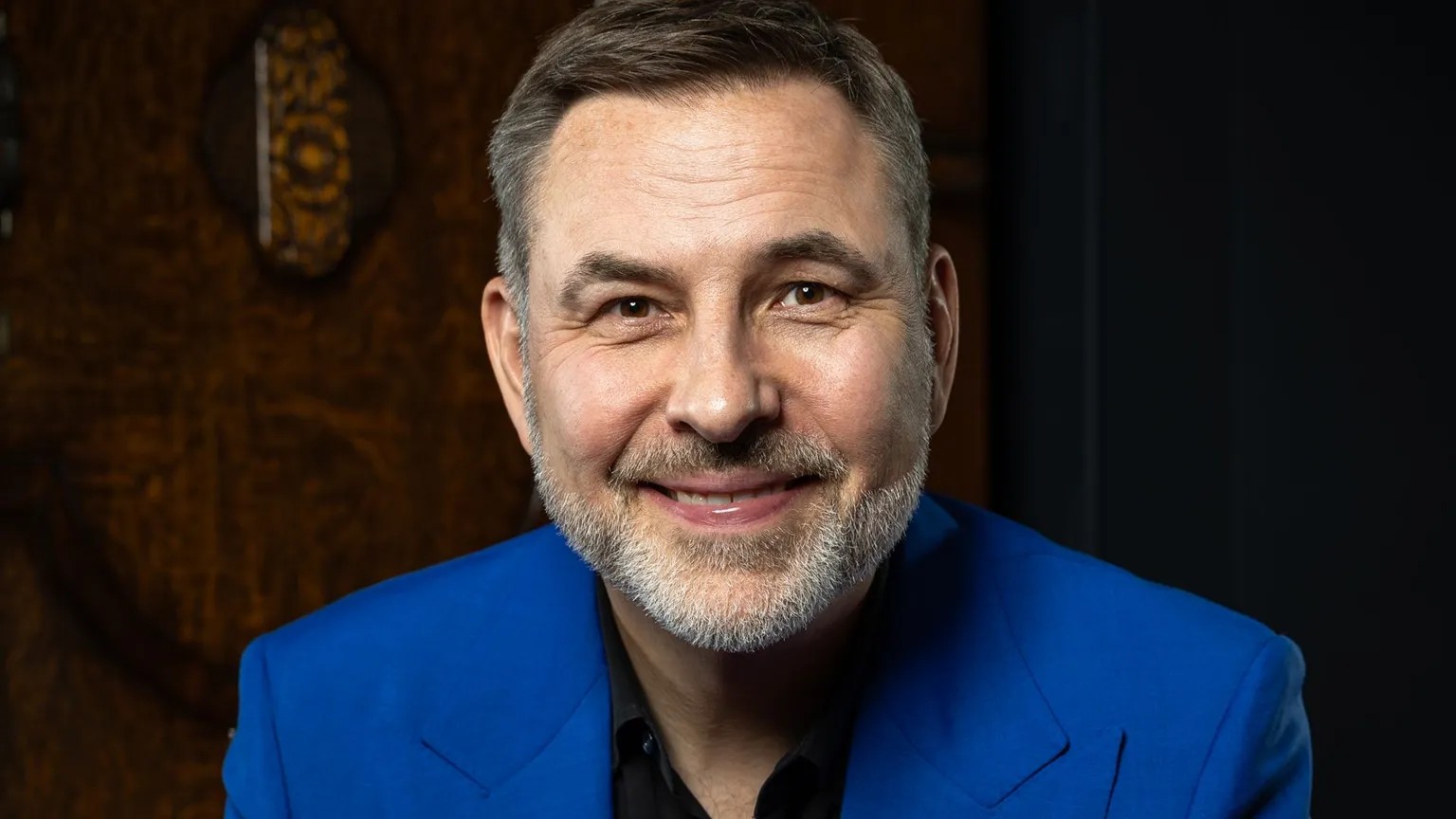

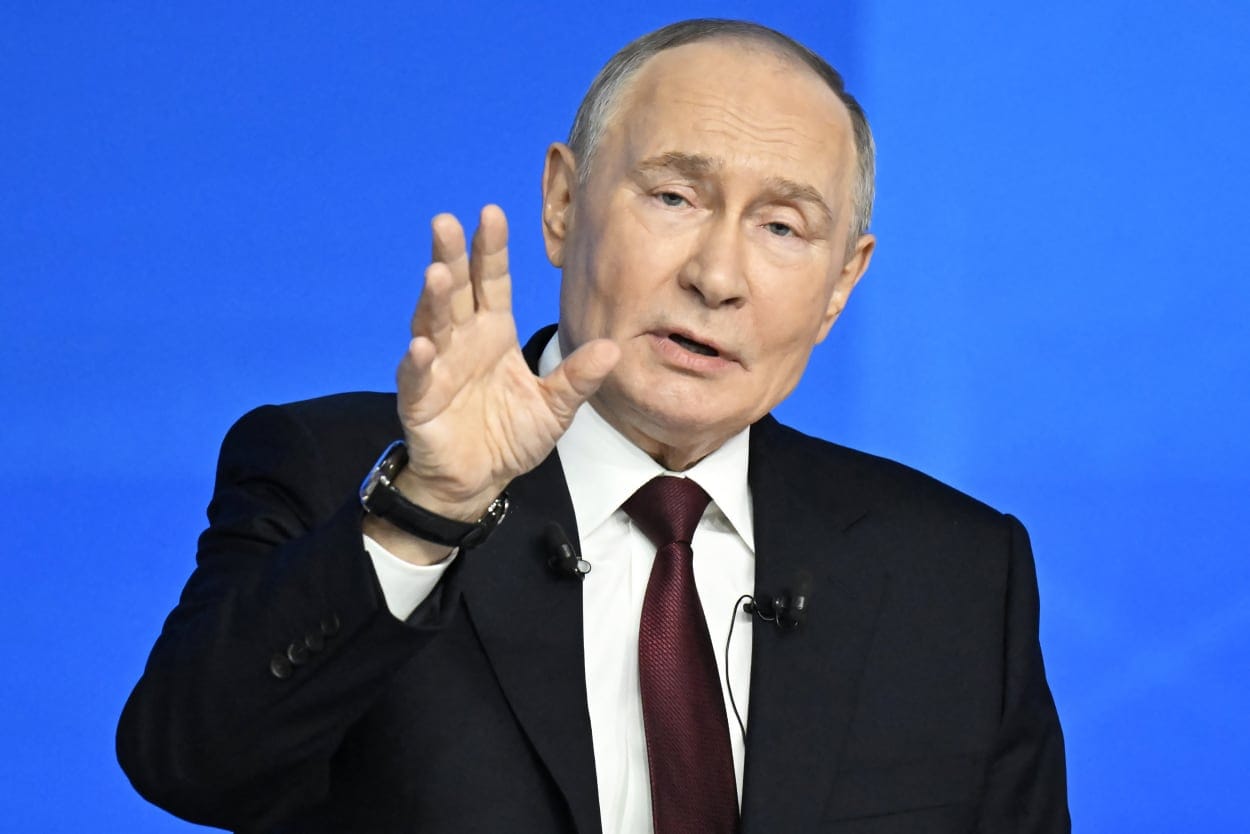

0 Comment(s)